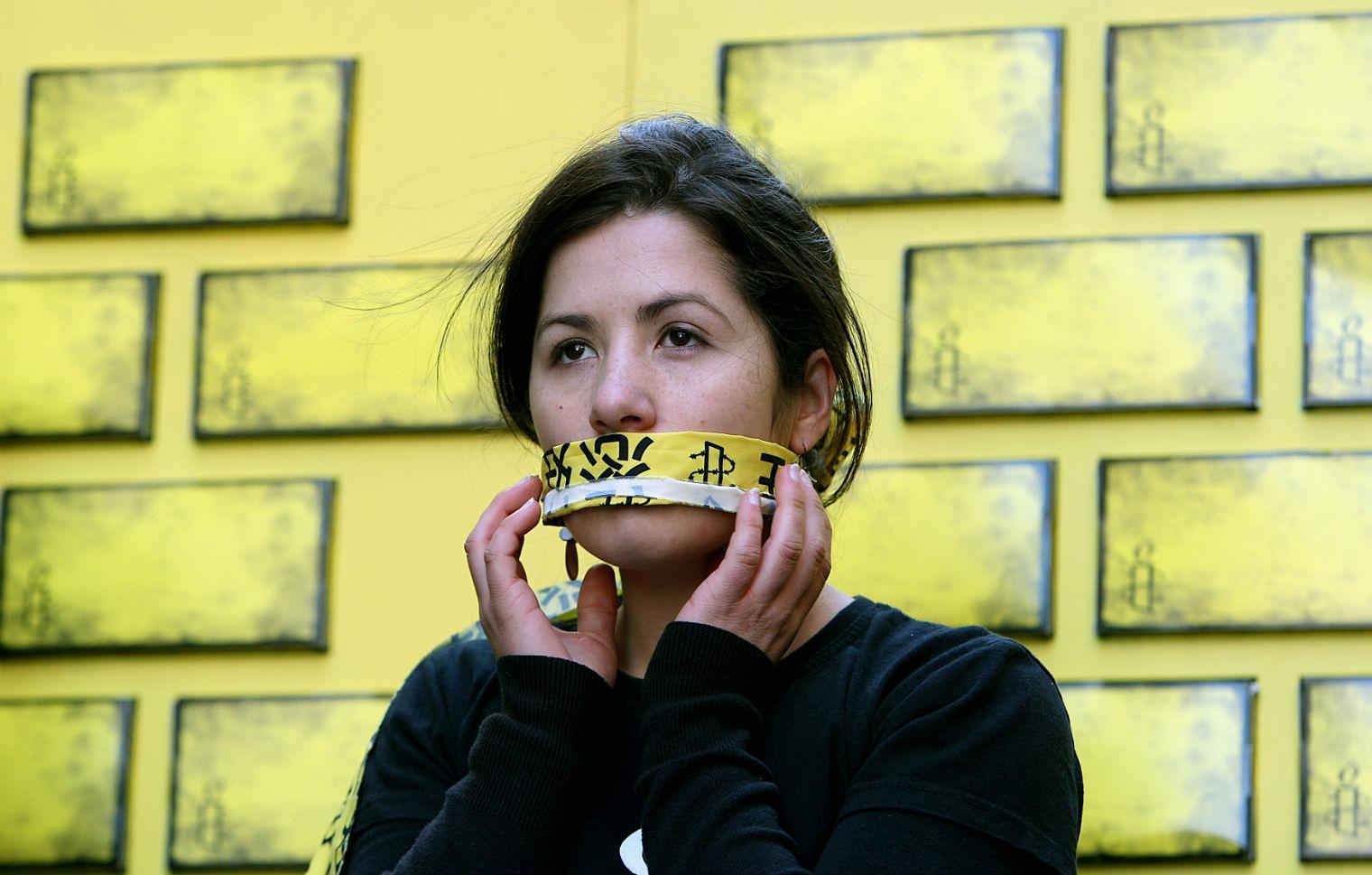I expected snowflakes but got diamonds. How young people can be powerful champions of free speech
The people with whom I have had the most robust, open-minded discussions have been under 18


It has been a grim year for democracy. We are bombarded on a daily basis with stories that illustrate starkly the closure of spaces for civic and civil discourse – from the attacks on journalists and journalism in countries from the US to Hungary, to the heated and ugly debate on transgender issues both online and off.
The coarsening of public debate has resurfaced the question of the role that freedom of expression plays in such an environment. Is it enabling hate or promoting tolerance? And in such a febrile atmosphere it is little surprise that calls are growing for certain groups and ideas to be denied space.
It is sometimes called “no platforming” – and blame for the phenomenon is often laid at the door of young people, dismissively referred to as the “snowflake generation”.
But this year has convinced me that the snowflake narrative is overdone. In fact, the people with whom I have had the most robust, open-minded discussions about the value of free speech have been under-18s. Despite the public gloom of recent months, I personally end the year feeling optimistic.
Two events in particular struck a chord with me in 2018 – a year that marks 50 years since the 1968 protests, many of which were led by students, and which heralded international social change.
The first was an English National Opera youth camp for students from diverse backgrounds. The students, aged from 13 to 18, spent a week devising a show on issues of censorship. I led a workshop that covered issues such as drill music, homophobia and racism and, instead of the vehement defences of censorship I expected, I was bowled over by the nuanced, critical thinking on display from this group of teenagers.
We are used to seeing militant defence of a position, on social media in particular, or when watching most TV news debates. But in this environment the participants were respectful, willing to challenge and be challenged, and, crucially, they were willing to listen to other points of view and shift stance.
The students discussed recent examples of censorship in the UK including the dropping of “human zoo” performance Exhibit B from a planned staging at The Barbican; the cancelling of Homegrown, a play about radicalisation by the National Youth Theatre; and bans on music.
One student said he hadn’t given much thought before the programme to self-censorship and how it influenced his own personal interactions. After it he realised “creators are people still censored even in our democratic society”.
There was much the same level of thoughtfulness and enthusiasm at a workshop later in the year with a group of school-age children in Brisbane. They were asked to identify topics they deemed to be “taboo” and explain why. Far from the arguments I expected – that x and x issue is taboo because it is simply “no longer up for discussion” or “that battle has been won” (often articulated by much older, and supposedly wiser, critics of free speech) – I again heard a group actively wrestling to understand why certain issues had been deemed off limits for discussion and what this meant for society.
I then asked the students to adopt a position they disagreed with and to argue that position to someone else. I expected silence. Instead, I heard and witnessed earnest attempts to understand ideas that for many were beyond the pale. No one shouted. No one stormed off in a huff, actual or virtual. No one resorted to verbal abuse. Some of the discussions were uncomfortable, but the discourse was respectful, thoughtful and earnest throughout.
Yes, there is plenty to worry about in modern discourse. Contemporary media, from television to Twitter, encourages us to see debate as necessarily polarised. And there are plenty of factors that have encouraged that. But the experience of working with young people has left me energised and optimistic.
Young people are not all snowflakes. In my experience there is a group hungry to understand the world and make sense of it through robust and respectful debate. In fact, they are far more like those other structures of glittering, crystalline beauty: diamonds. And just as hard.
Jodie Ginsberg is the chief executive of UK-based freedom of expression organisation Index on Censorship. The latest Index on Censorship magazine will be launched on 10 January
Join our commenting forum
Join thought-provoking conversations, follow other Independent readers and see their replies
Comments
Bookmark popover
Removed from bookmarks